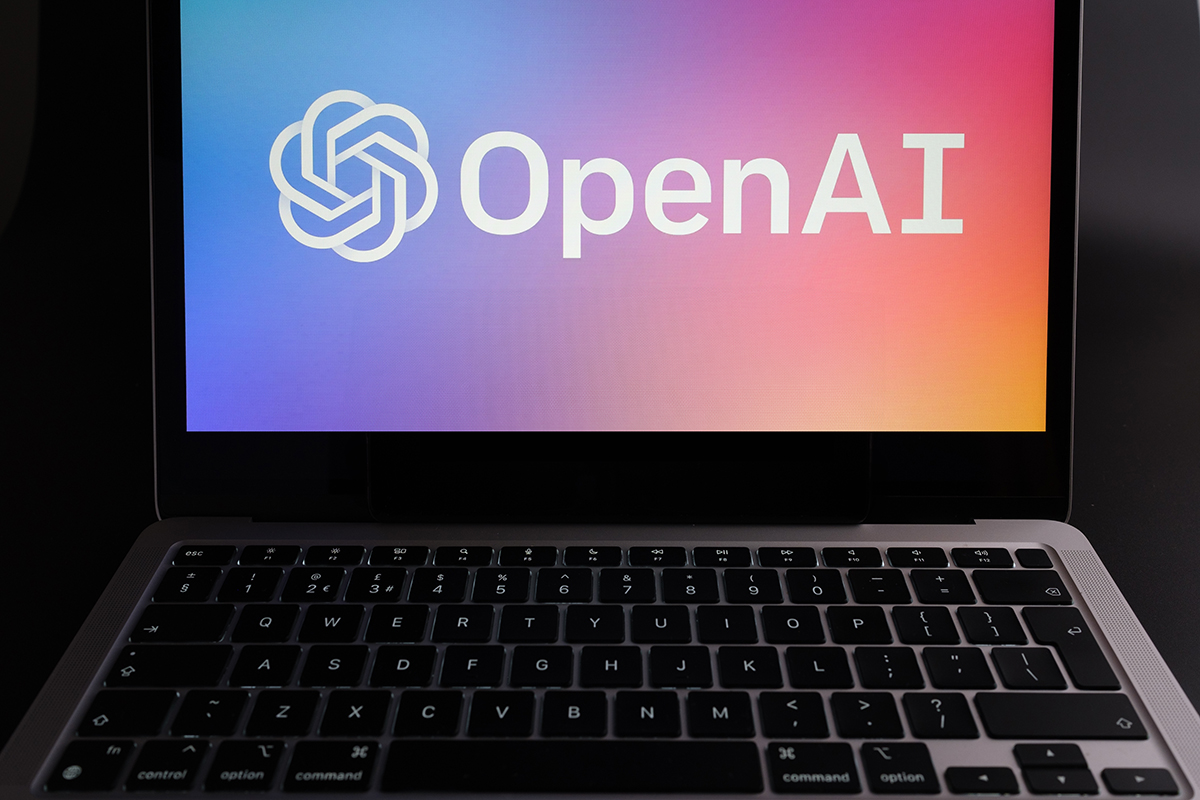OpenAI has recently introduced Voice Engine, a cutting-edge artificial intelligence tool that promises to revolutionize the way we interact with AI-generated voices. This groundbreaking technology requires only a brief 15-second voice sample to create eerily accurate replicas of human voices, capable of reading text with astonishing realism.
The potential applications of Voice Engine are incredibly diverse. Initially designed with accessibility services in mind, this AI marvel shows promise in fields such as translation assistance and aiding those with speech impairments. However, amidst its potential benefits, concerns have emerged regarding the potential for misinformation and fraudulent activities facilitated by such advanced voice replication technology.
Reacting to these concerns, OpenAI has embarked on proactive measures. Voice Engine is currently undergoing rigorous testing with a select group of trusted partners, including education and health technology firms. These partners have pledged to adhere to strict guidelines, agreeing not to replicate voices without explicit consent and to clearly indicate when AI-generated voices are being utilized.
Acknowledging the inherent risks associated with synthetic voice technology, particularly in sensitive areas such as elections, OpenAI has outlined precautionary measures. Recommendations include gradually phasing out voice-based authentication for sensitive accounts and implementing safeguards to prevent the creation of voices too closely resembling prominent figures.
One of Voice Engine’s most impressive features is its multilingual capability. By utilizing a voice sample in one language, the AI can generate a replica voice capable of speaking in multiple other languages while retaining the tone and accent of the original speaker. OpenAI showcased this functionality with samples of AI-generated audio reading the same passage in Spanish, Mandarin, German, French, and Japanese, maintaining the essence of the original speaker across languages.
Voice Engine’s debut comes amid anticipation for OpenAI’s forthcoming AI-generated video tool, Sora, which was teased last month. Sora boasts the ability to create lifelike 60-second videos from text instructions, complete with multiple characters, specific motions, and intricate background details. Alongside the recent announcement of ChatGPT’s availability without sign-up requirements, OpenAI is making significant strides in democratizing access to its advanced AI technologies.
However, users of ChatGPT should remain cognizant of the trade-offs. While the service is now accessible without the need for an account, certain features, including voice conversations and custom instructions, are restricted for non-account users. Additionally, although users can opt out of data usage for model improvement, this option comes with certain limitations.
As OpenAI continues to push the boundaries of AI technology, the introduction of Voice Engine represents another milestone in the evolution of human-machine interaction. With its unparalleled ability to replicate human voices, this AI tool presents both opportunities and challenges across a wide array of applications, from accessibility services to multimedia content creation. As the technology progresses, thoughtful consideration of its ethical implications will be vital in harnessing its potential for positive impact while mitigating potential risks.







